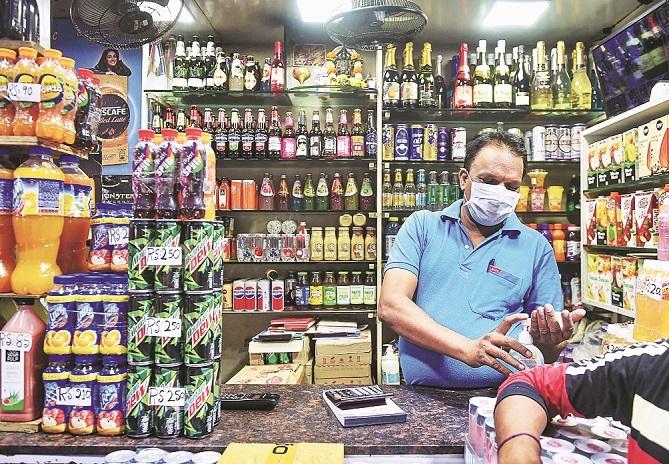Even small shops can now access large and organized wholesalers, as they buy credit responsibly.

The erstwhile Lever Brothers--now Unilever Plc--arrived in India in 1888 with crates of Sunlight soap. There was no smartphone and no fintech. Had those two modern marvels existed back then, millions of corner shops that largely provide self-employment to the owners and their families would have been a capitalist success story by now?
The neighborhood Kirana store is the backbone of India’s $520 billion-a-year grocery market, accounting for 80% of sales. But the resources the industry needs to scale up and modernize have always been beyond its reach. Blame that on stunted access to working capital, a constraint on growth that’s finally starting to ease thanks to the coming together of mobile internet and finance, especially “buy now, pay later,” or BNPL.
Globally, a craze among younger borrowers for small, interest-free loans they can repay in 30 days or in a few monthly installments, often without credit-card-style hefty late-payment fees, is sending valuations soaring for apps like Sweden’s Klarna and Australia’s Afterpay. It’s also drawing the likes of Goldman Sachs Group Inc. and PayPal Holdings Inc. into the fray. With Generation Z buyers trying to beat back their pandemic blues by purchasing lipstick in three installments, excessive, debt-fueled consumption could store up problems for the future.
In India, BNPL has found an additional--and perhaps more productive--application. Self-employed people, whose customers pay mostly in cash, have traditionally found it very hard to prove their creditworthiness to banks. Starting with Unilever in 1888, practically everyone who has tried to sell consumer goods in this large market has relied on distributors to overcome the problem. Apart from supplying goods to small shops and collecting cash from them, these middlemen have historically provided informal liquidity support to the kirana. Since the distributors themselves raise money by mortgaging their warehouses and homes, they ration financing, favoring store owners they know.
No comments:
Post a Comment